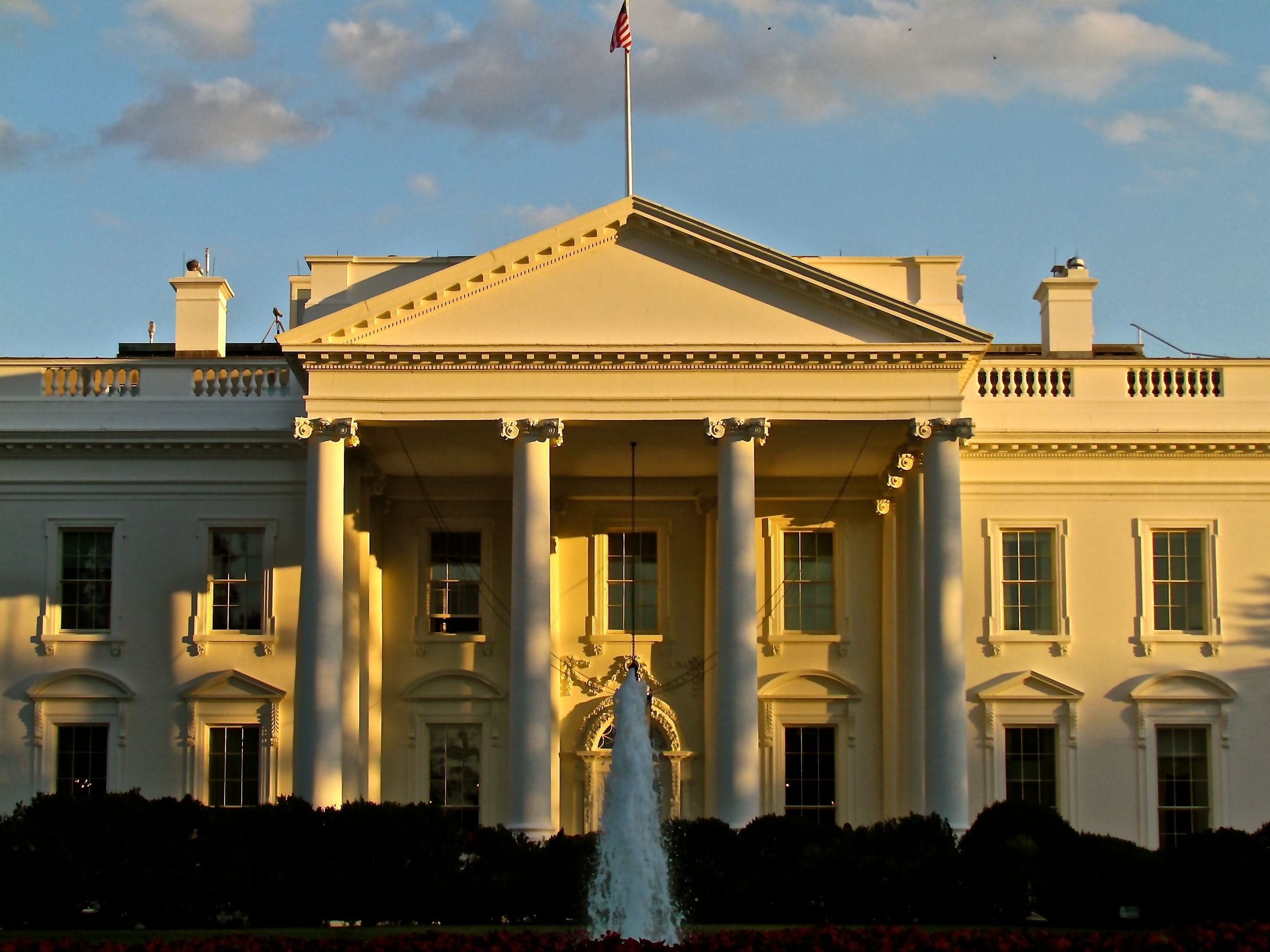Institutionalization of Crypto Markets Boosts Adoption
The institutionalization of crypto markets means that bitcoin (BTC) is no longer considered a niche investment, and increased adoption is forcing hesitant investors to reconsider the asset class.
Bitcoin’s Growing Popularity
WisdomTree, an investment manager, reported in a recent study that portfolios with allocations to bitcoin are consistently outperforming those that don’t hold the world’s largest cryptocurrency.
According to the report, asset managers need to integrate the digital asset into multi-asset portfolios or risk falling behind in a rapidly evolving financial landscape. The study notes that bitcoin adoption is expected to grow this year as more clients demand exposure to the asset class.
Launch of Spot Exchange-Traded Funds (ETFs)
The launch of spot ETFs in the U.S. helped take crypto more mainstream in 2024. This momentum is expected to continue this year as the regulatory environment becomes more friendly in the U.S. under President Trump, and as more countries approve exchange-traded products (ETPs) for altcoins such as solana’s SOL and XRP, WisdomTree said.
The report suggests that this next wave of altcoin ETPs will expand the diversity of crypto investment opportunities and further integrate cryptocurrencies into the global financial system.
Ethereum’s Role in Decentralized Finance
The Ethereum blockchain’s role as the “backbone of decentralized finance (DeFi), non-fungible tokens (NFTs), and Web3 is unmatched,” the report said, but its scalability issues are still a problem.
Recent upgrades, including Dencun, are expected to drive layer-2 adoption on the blockchain, the report noted.
Stablecoins’ Growing Importance
Stablecoins are “becoming indispensable to the global financial system,” and networks such as Solana are ideal for stablecoin payments and remittances, WisdomTree said.
Tokenization and Industry Transformation
Tokenization, the process of putting the ownership of real-world assets on the blockchain, will expand dramatically in 2025, and will transform industries from private equity to venture capital, the report added.
Conclusion
The institutionalization of crypto markets is driving adoption and forcing hesitant investors to reconsider the asset class. With the launch of spot ETFs and the growing popularity of stablecoins, it is clear that the future of cryptocurrency is bright. As the regulatory environment continues to evolve and new technologies emerge, it is likely that we will see even greater growth and mainstream acceptance of crypto assets.
FAQs
- What is institutionalization in the context of crypto markets? Institutionalization refers to the process by which crypto assets are adopted and integrated into mainstream financial markets.
- What are the benefits of institutionalization for crypto markets? Institutionalization can drive adoption and growth, increase mainstream acceptance, and provide a more stable and secure environment for investors.
- What is the role of spot ETFs in the crypto market? Spot ETFs allow investors to gain exposure to the price movement of crypto assets, making it easier for mainstream investors to access the market.
- What is tokenization, and how will it transform industries? Tokenization is the process of putting the ownership of real-world assets on the blockchain, which can revolutionize industries such as private equity and venture capital by providing new investment opportunities and increasing transparency.










